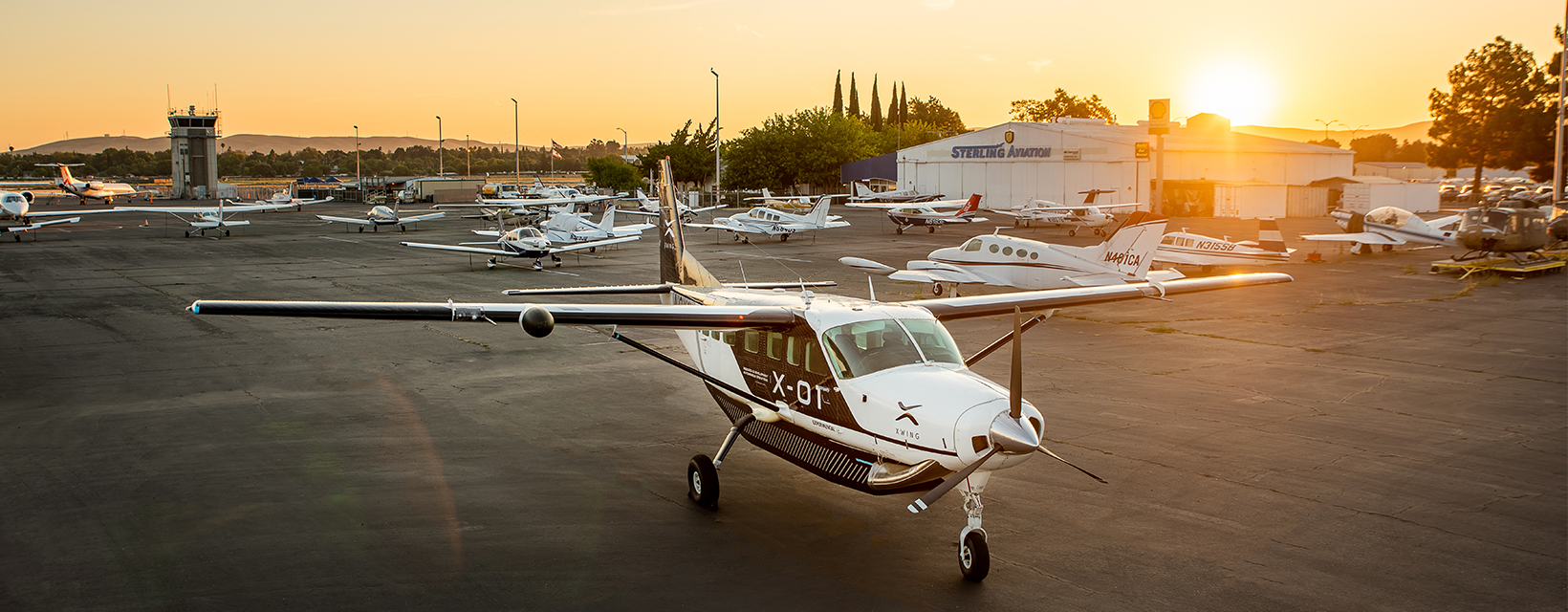Regional air cargo transportation networks are under pressure from the growing demand for ecommerce delivery. A labor shortage among pilots compounds the challenge facing operators. According to a new report from OliverWyman, 83% of regional cargo operators can’t recruit enough talent. Moreover, they expect a 34,000 pilot shortage globally by 2025.
Xwing is developing autonomy for aviation. Their technology solves the challenges facing regional air cargo operators by reducing downtime of both the plane and the pilot using ground-based controllers.
In Feb. 2021, the company completed the world’s first fully autonomous gate-to-gate demonstration of a commercial cargo aircraft. They’ve moved well beyond autopilot to fully autonomous gate departure, taxi, take-off, landing, and gate arrival — all remotely supervised from Xwing’s mission control center. They call it AutoFlight.
A good demo is one thing. Unlocking full autonomy for aviation is something entirely different.
Tesla and Google have shown that autonomy is best developed in small steps, not giant leaps. Today’s leading self-driving car projects serve as good examples. They use human drivers to control and oversee the car while the vehicle collects data used to further develop autonomy. Step by step, these projects have collected sufficient data to safely take on more complex tasks without human control, while benefitting from human supervision.
Xwing is taking a similarly pragmatic approach. The company has been operating several cargo feeder routes using three Cessna Grand Caravan 208Bs. These piloted aircraft will eventually be equipped with Xwing’s automation technology stack. Today, the cargo operations generate profitable revenue for the company and allow the company to collect valuable data to further develop autonomy. Xwing plans to grow its number of cargo routes along with its data collection over time as it works through certification of the autonomy stack.
Xwing was founded by Marc Piette, an MIT graduate who built and sold Locu to GoDaddy in 2013. Marc leads a team of 25 (mostly) engineers with expertise in robotics, software, unmanned aircraft, FAA regulations, and air operations. Marc and the Xwing team have a uniquely clear vision, a pragmatic approach, and a track record of execution.
We believe Xwing is positioned to transform aviation with autonomy for air cargo and beyond.
